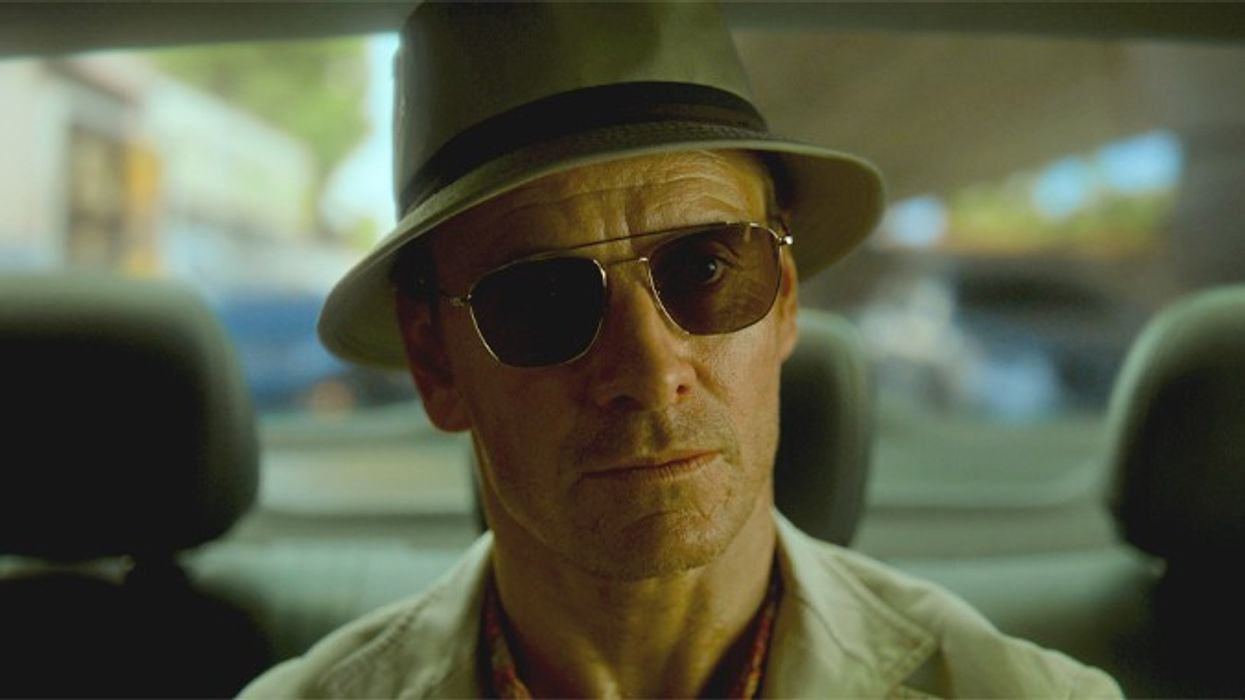Why Does David Fincher Love Netflix's Quality Control So Much?
'The Killer' director seems like he's very happy making movies with the streamer.

'The Killer'
Last week, David Fincher's new movie, The Killer, debuted on Netflix. It seemed like it was instantly in the Top 10, and the famously particular auteur seems to be enjoying his time working with the streaming giant.
Netflix has been polarizing in the past. When it debuted and began buying movies, it felt like a haven for directors to ensure their vision. As Netflix pushed for Academy Awards, they also made a shift to more commercial blockbusters, but they limited the theatrical release of these titles.
But what Netflix has historically stayed consistent with is allowing directors the freedom to make the movies they see. That means not a ton of development and a lot of freedom as long as they stay within the budgets.
It kind of feels like the Medici of old.
Fincher has been working with them for a while on both films and television. He was recently speaking to Le Monde about his relationship with Netflix, whom he's worked with on Mank, House of Cards, The Killer, and more.
Fincher explained in the interview, “Let’s be honest. I have worked for most of the major film studios. When you tell them, ‘I have to do these special effects in 4K,’ their first response is, ‘Oh, gee, why do it so expensive?’ They balk at the slightest expense.”
This commitment of money matters. “Netflix has never quibbled with this type of choice,” Fincher says. “They adopted an industry standard that made sense to filmmakers. Netflix has by far the best “quality control.”"
Fincher has been working with Netflix for over ten years and has seen a lot of success within the streaming service.
I think he sees that places like that may be the only spots to deliver blank checks to people in his position to make the movies they want.
When it comes to the future of filmmaking, Fincher told Le Monde, “You know, we will not save cinema as a culture by restricting home distribution systems...For this to happen, the cinema would have to become a cutting-edge place, and not this damp, smelly, and greasy place that it still is with too few exceptions, skimping on all necessary expenses. I loved certain theaters, like Grauman’s Chinese Theater or the Cinerama Dome in Los Angeles, but the technical conditions there were deplorable. We must move past all this nostalgia to finally ask ourselves the right question: who offers optimal representation today?”
For Fincher, it seems like the optimal delivery system is via Netflix at home. Still, the reason I go to the movies is for a communal experience. You don't get that at home. But also, in the last year, I have noticed movies being shown that bleed over the screen or have projection problems, and this is in LA.
Because of that, I pick certain theaters where I know it'll be great. But I would bet the average viewer won't notice or care.
This whole situation feels like it's stuck in two different places. Netflix may be a great place to work with, one I'd love to collaborate with, but also, I don't want to lose theaters and the communal experience.
So, how do we get theatrical quality control up? Some of that has to do with training, theaters getting nicer, and the overhead on all that would just make tickets more expensive.
I'm truly not sure what the answer is here.
Let me know what you think in the comments.











